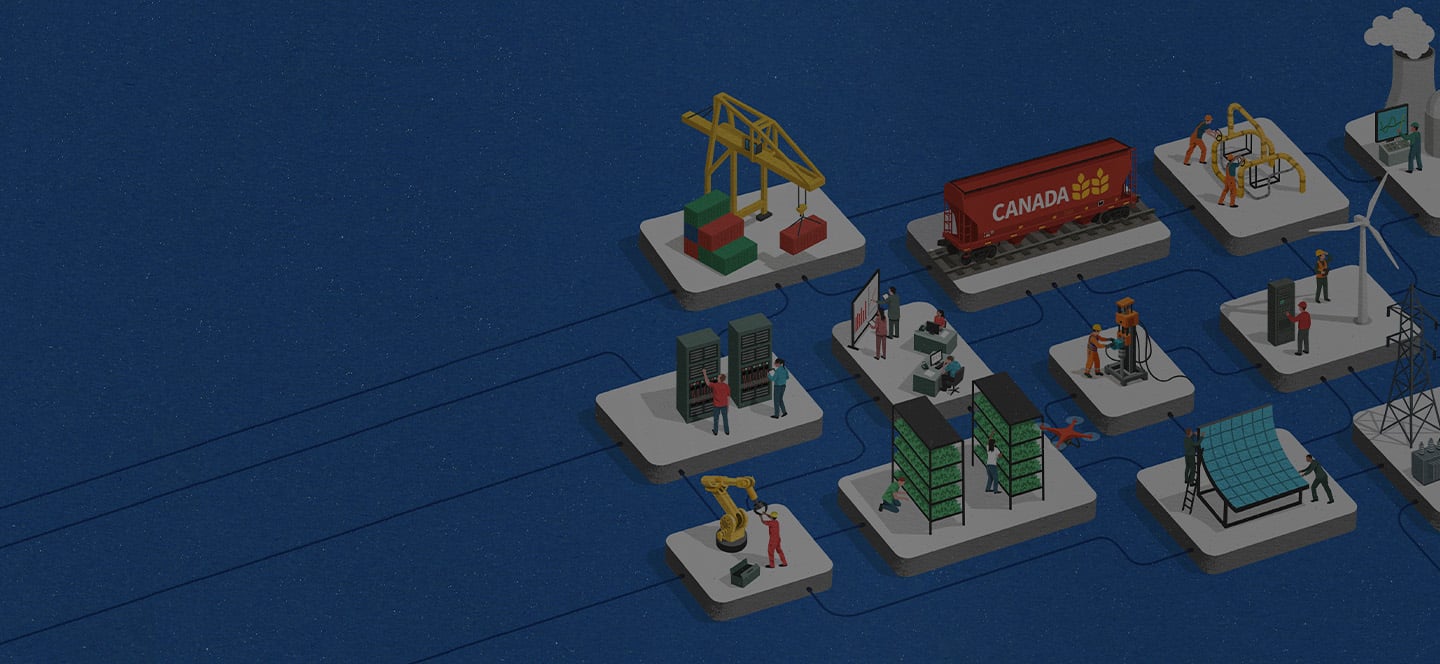Conducting questioning for discovery remotely by videoconference is a stable, predictable, safe, and efficient procedure during the COVID-19 pandemic and beyond, the Alberta Court of Queen's Bench confirmed in Mostafa Altalibi Professional Corporation v Lorne S. Kamelchuk Professional Corporation, 2020 ABQB 673 [Altalibi v Kamelchuk]. This recent decision of November 3, 2020, reflects the courts' continuing embrace of technology to facilitate litigation proceedings and avoid delays as the number of COVID-19 cases rise.
In Altalibi v Kamelchuk, the plaintiffs applied for an order to hold questioning for discovery by videoconference due to the current COVID-19 pandemic. The defendants resisted, by arguing that they would be deprived of a fundamental right to conduct in-person questioning, and by attempting to minimize the risks of COVID-19.
In rejecting the defendants' arguments, the Court found that nothing constitutionally guarantees a certain type or quality of questioning for discovery in a civil dispute, and that proceeding remotely by videoconference would not deprive the defendants of any fundamental right. The product of questioning is a transcript and neither a master, a judge, nor counsel see the demeanour of a witness when reading the transcript. The Court made clear it has the jurisdiction to direct questioning by video, citing with approval Sandhu v Siri, 2020 ABQB 359, and Arconti v Smith, 2020 ONSC 2782.
Further, the Court observed that litigation procedures should generally not fluctuate with daily COVID-19 case numbers. Rather, having a remote videoconference platform reinforces the principles of stability and predictability and makes our legal system less subject to the ebbs and flows of the pandemic.
COVID-19 has resulted in numerous public health directives related to social distancing and has already affected court procedures in Alberta and across Canada through, for example, the scheduling of many matters by way of videoconference. The master observed that the courts' increasing use of technology since the start of the pandemic has been grounded in a "respect for society" and a desire to minimize the spread of the coronavirus while maintaining a strong and functioning legal system.
The master was mindful that a strong and functioning legal system must operate on an ongoing basis and provide reliable means for dispute resolution. As such, "Courts should not postpone questioning indefinitely during the COVID-19 pandemic only to create significant backlogs in all of the various ongoing matters presently before the Court". The Court found that videoconference questioning is an efficient and cost-effective way to move litigation matters forward under controlled and safer conditions, and ordered that questioning proceed by video. The master also directed the parties to endeavour to comply with the newly formulated Alberta Protocol for Remote Questioning, a guide to videoconference questioning created by a group of Alberta practitioners and associations.
Looking Ahead
While the use of the video format may not be appropriate in every court proceeding, Altalibi v Kamelchuk provides clear authority that, where possible, the courts will embrace video technology to support the advancement of litigation proceedings.
Bennett Jones is committed to protecting the rights of its clients during these unprecedented times. We strive to move litigation matters forward smoothly and efficiently, whether it be through the use of reliable technology or otherwise. If you have any questions regarding the information in this article, please contact a member of the Bennett Jones Commercial Litigation team. In addition, please visit our COVID-19 Resource Centre for other COVID-19-related materials.



















